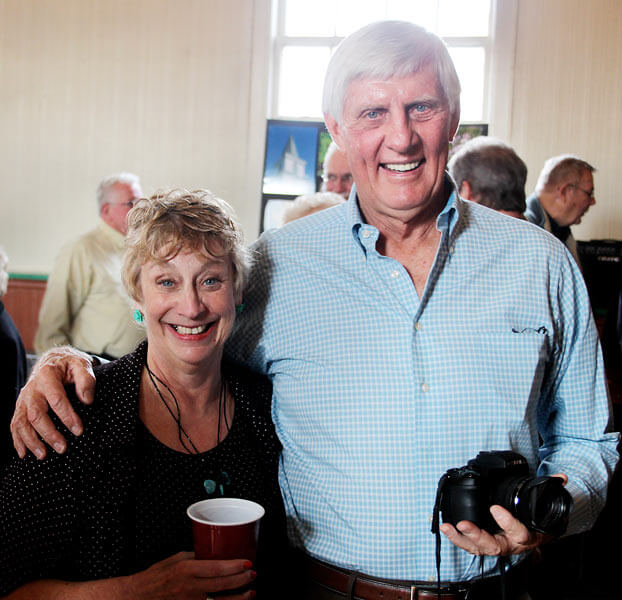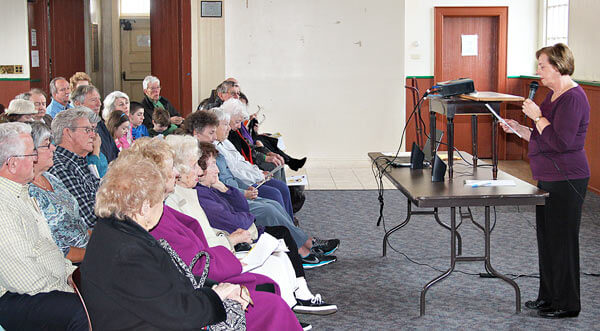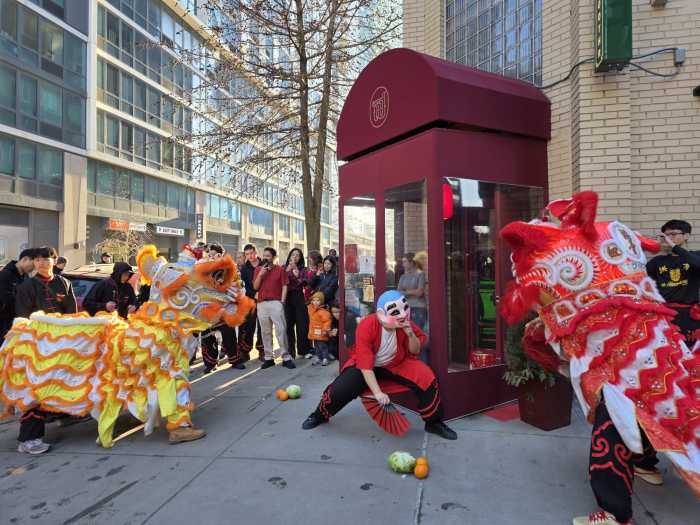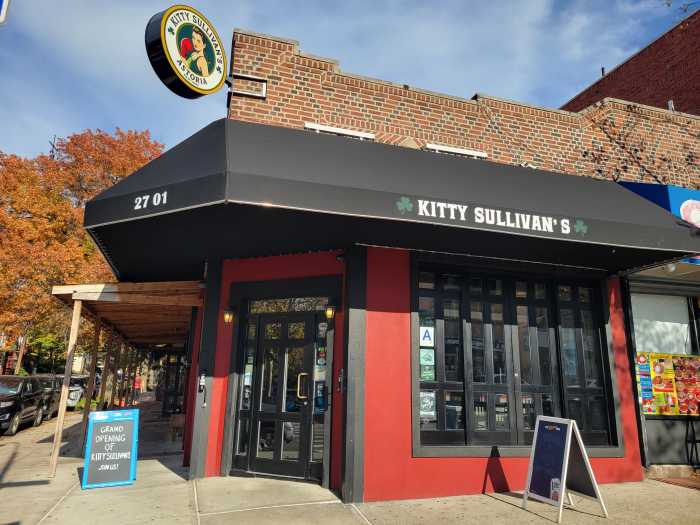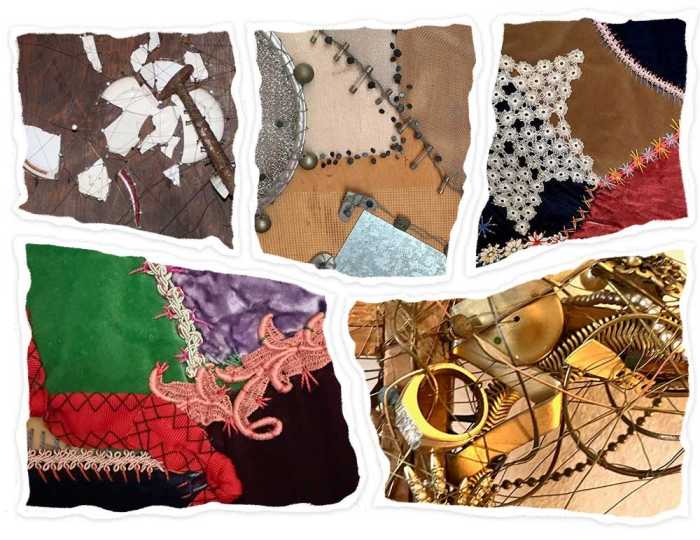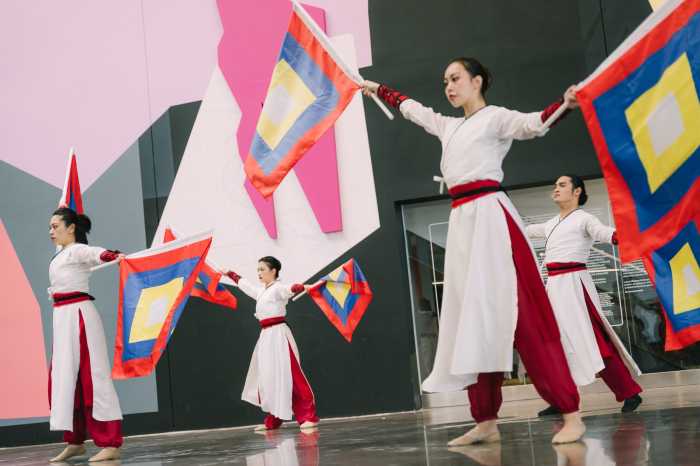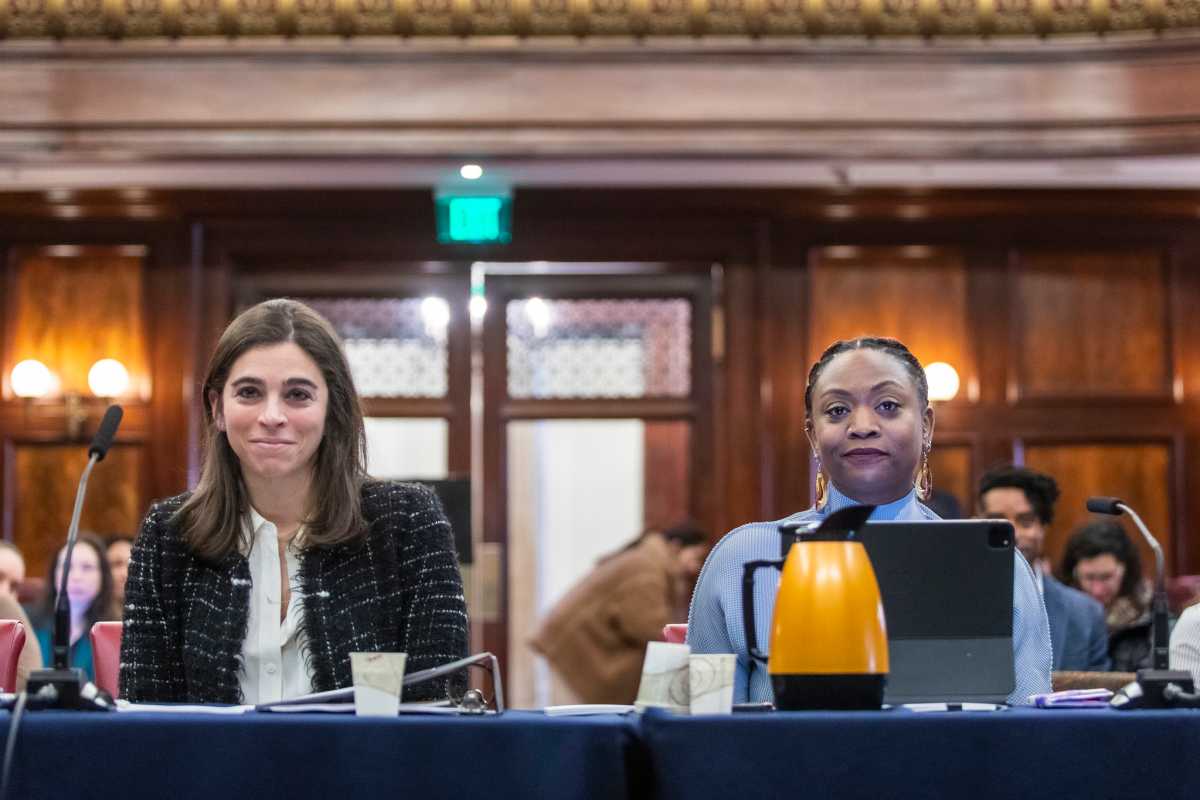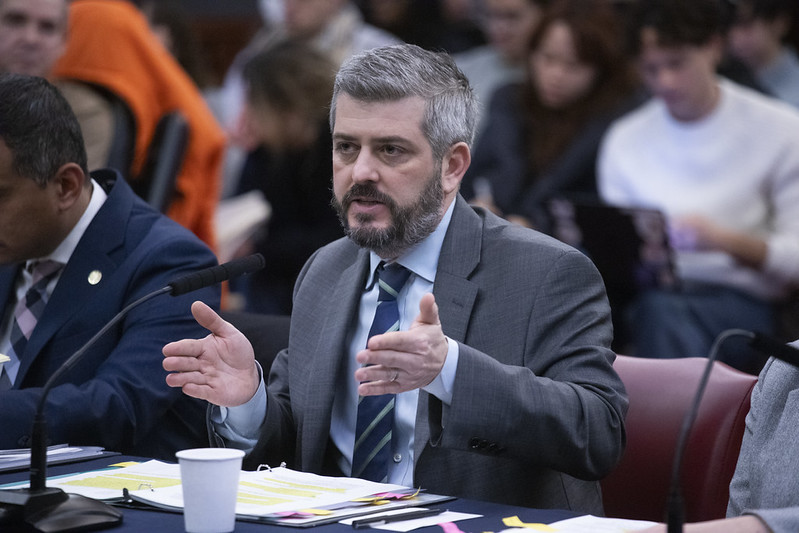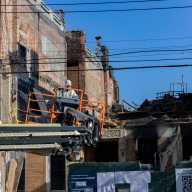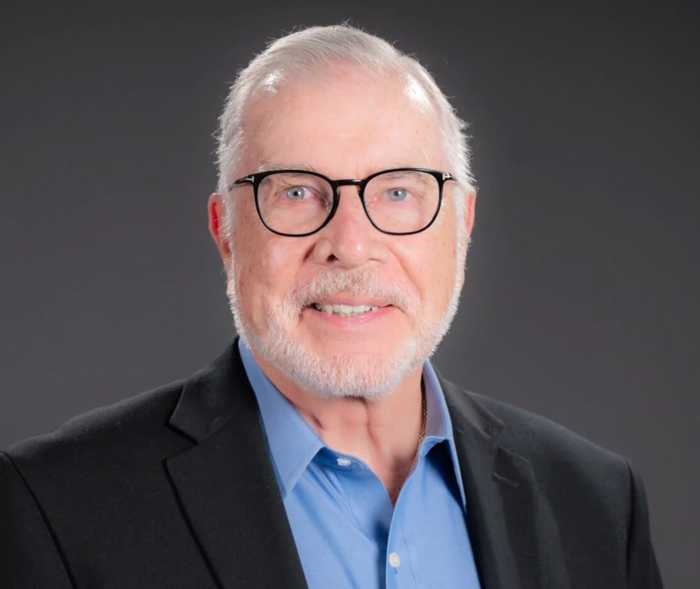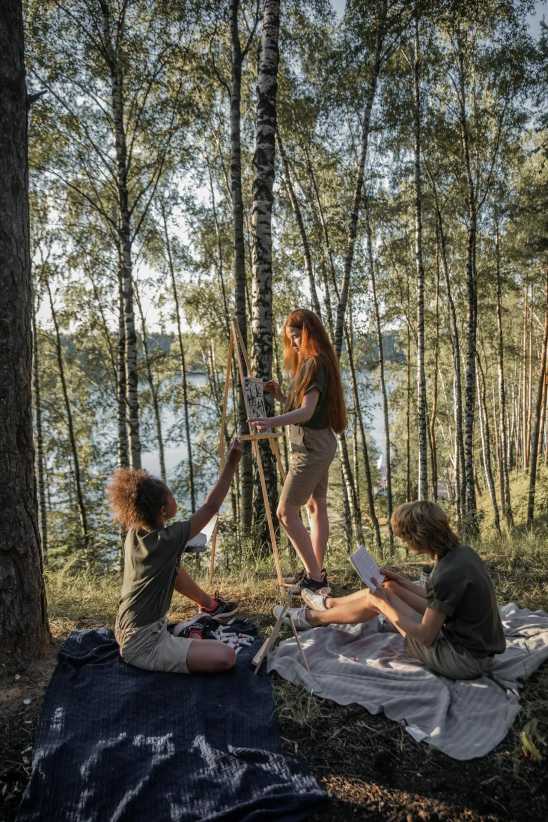By Rich Bockmann
Mary Umans’ documentary “The Braddock Boys” begins with a poignant observation that holds as true today as it did half a century ago.
“Nobody gets a set of instructions. You have to make a place for yourself in the world,” Joe “Whitey” Jakubauskas’ voice asserted as the film screened Saturday at the Floral Park Historical Society. “The way you do this is by first making a place for yourself on the playground.”
Bellerose’s Braddock Park — renamed in 1980 after the late Creedmoor Civic Association founder H. Jacob Breininger — was at the center of the lives of Jakubauskas and his group of friends growing up in the 1950s.
Umans, who produced the 22-minute short as part of a film school project after she retired, said she was intrigued how decades later the playground was the common thread that connected Jakubauskas and his friends.
“It all seemed to come back to Braddock Park,” she said.
Set to a doo-wop soundtrack, Umans’ short documentary interviews several of the Braddock Boys as they reminisce about their childhoods playing games like softball and basketball.
“You would leave your house and you would leave your parents there and you wouldn’t come back. You would leave at 9 o’clock in the morning and you wouldn’t come back until 5 o’clock at night,” Jakubauskas explained. “And never once did you have any parent come over looking for their kids.”
“Everybody played all those games a little bit, anyway,” Bill “Spooker” Morgan said. “It was for the first time in your life and you were just learning. No one said, ‘I’ll teach you how to play checkers or chess or handball.’”
“On Tuesday night we used to have the dances,” Matt Downey recalled. “So everybody was at the dances. They used to come from all over.”
“For us playing basketball, that was a great opportunity because they brought lights with them,” Ritchie “R.O.” Pfeiffer added. “I guess the park was like getting a B.A. in sports and life.”
A hierarchy existed in the park where older Braddock Boys played basketball on one court and the younger ones had to rise through the ranks, though Pfeiffer said he got a “quick promotion” when a group of 40 or so from Queens Village enlisted in the Korean War.
The Boys also pointed out they grew up in a mostly white, working-class neighborhood. At one point, as one of the voices talks about shoveling snow off the blacktop, Umans shows modern footage of several black youngsters on the court as one of their friends clears a way to play.
“They’re not all Irish anymore. The demographics have changed, but the kids are still playing,” she said. “I imagine they’re not as unsupervised as they used to be.”
Reach reporter Rich Bockmann by e-mail at rbockmann@cnglocal.com or by phone at 718-260-4574.

